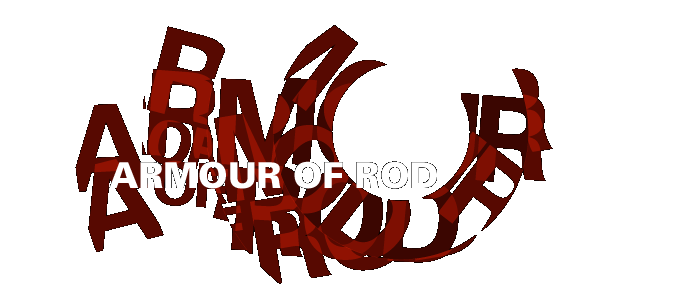I know someone so discontented with the fact that I have never seen (and am not especially compelled to ever see) The Wizard of Oz that he publicly confronted me about it. I have already stated my reasons for letting this one pass me by—and said reasons cover my general lack of enthusiasm for cinema’s golden age (and here’s another: as a child, I did not have unlimited access to television; they call it “parental guidance”). Not willing to let this one go, the person in question attacked my affection for Stargate SG-1 as if the series were somehow aberrant. My immediate response was that Stargate SG-1 has some of the best continuity ever achieved on television, to which he laughed. But it’s true.
I think he offhandedly dismissed the entire series due to Richard Dean Anderson’s involvement—I could probably understand; myself, I could never get beyond the original cast list of Babylon 5, which always looked like a Love Boat episode, but OTOH I never relegated it to the ranks of a 1980s cartoon.
Stargate SG-1 does have more elaborate continuity in than any other television series save perhaps The X-Files, which is enourmously commendable. In many ways, the Fantastic Four movie has already been made redundant by SG-1 in that the series has built surely the finest Lee-Kirby structure seen on TV. Plot and character development are so elaborately and beautifully interwoven that I never cease to be stunned, even in watching the same episodes over and over.
It’s suggestive to me that the person questioning my position is from the school of technical proficiency over creativity—singing the praises of Disney (whose saccharine product fueled the “family values” movement that is indisputably one of biggest threats to liberty in recent memory) and George Lucas, whose “film blanc masterpiece” (Bob Black) Star Wars almost murdered adult filmmaking in America (an opinion, I seem to recall, shared by his ex-wife in Easy Riders, Raging Bull).
By and large, the movie industry caters to be people who can’t be bothered to pay attention. Most motion pictures are simply grown-up reproductions of those horrible Disney “family” films with no genuine emotional impact, just an excuse for people to purchase a ticket and mentally clock out in a darkened room. They’re cowards, because they can’t take interaction. They only want a bedtime story told in the simplest of terms and they bitterly resent the idea that it’s more rewarding to be more involved in what you’re taking in.
When I open a book, put on a pair of headphones or turn on my television or play a DVD, I am an audience unto myself. There’s a communal experience in that hundreds of thousands of likeminded people are doing the same, but they’re not in my personal space, so the intimacy isn’t smothered. Movie theatres strangle the life out of the viewing experience, unless you’re fortunate enough to be in a theatre full of likeminded people (and that’s difficult even when the film is outside of mainstream tastes). It’s a symbiotic relationship, though. People with no imagination and a lot of disposable income will keep Hollywood swimming in cash for ages to come.

